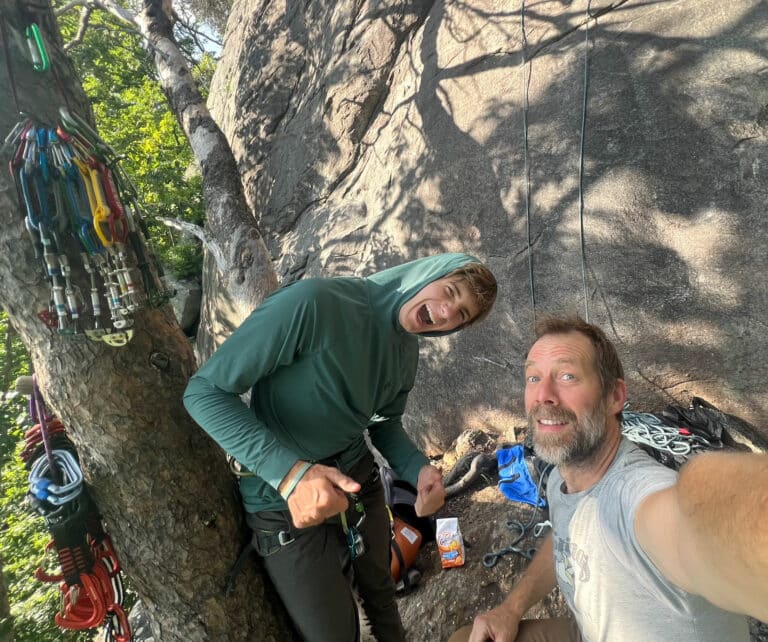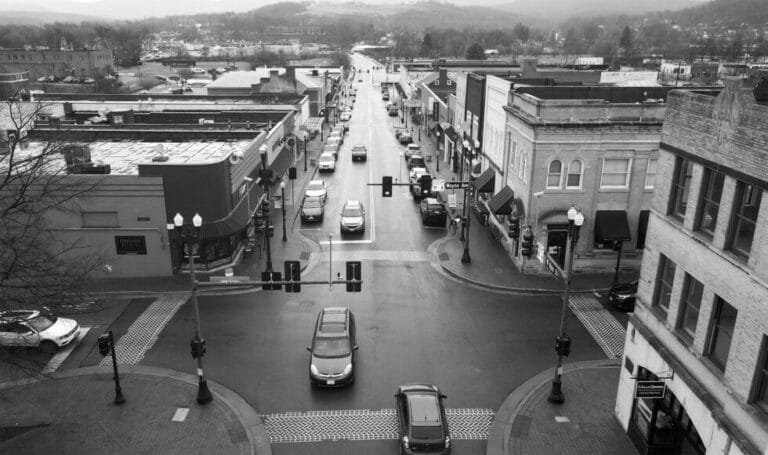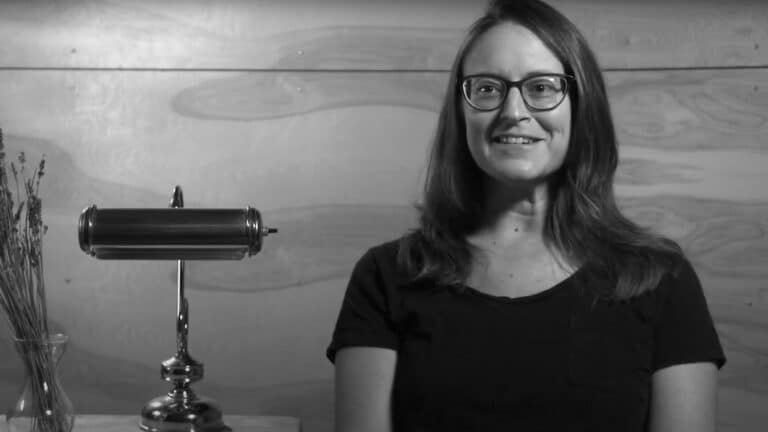National Parks Budget on the Chopping Block
…just like everything else. If it takes effect on March 1, the sequester will slash $110 million from the National Park System budget for its 398 parks, monuments, and historic sites. The effects will obviously reverberate nationally, but for our region this could mean closing campgrounds in Shenandoah National Park or visitor centers along the Blue Ridge Parkway. Now, across the nation activists are pressuring Congress to figure out a solution to avoid the cuts. If they don’t parks across the nation could see less rangers, dirtier trailheads and unkept grounds. National Parks draw 280 million visits a year, making them one of the most public and accessible agencies affected by the sequester.
More from the Washington Post.
Blizzards Up, Snow Down?
Recent studies on climate change is shedding some light on what we can expect in the coming years as a result of the gradual warming of the planet: more blizzards, but less snow overall. This news has most of the media, especially those on the right side of the aisle, into a frenzy and although it may seem contradictory, the science is sound. Warmer air is able to hold more moisture so when it does snow we will see more epic snow events like the ones we saw in New England this past winter. The AP explains: “A warmer world is likely to decrease the overall amount of snow falling each year and shrink the snow season. But when it is cold enough for a snowstorm to hit, the slightly warmer air is often carrying more moisture, producing potentially historic blizzards.” There you have it. More big dumps, less dumpage overall.
Bike Commuting Gender Gap Explained
When it comes to commuting by bicycle, the ratio of men to women is often cited as 2:1 or 3:1, yet in most of Europe the ratio is fairly even. Why? Ohio State University’s Gulasah Akar may have the answer. A study conducted at his school revealed that the biggest concern for women on bikes is safety, including traffic concerns and a lack of bike lanes. These safety concerns were also present with the men surveyed, but not as much. Is it a sign of male machismo? Possibly, but the results of the study concluded that “women are less likely to feel safe” on a bike than a man. The recommendations from the researchers encourage campuses and cities to build more infrastructure for bikes – bike lanes and off-road bike paths – which should increase ridership in general, for both sexes.








